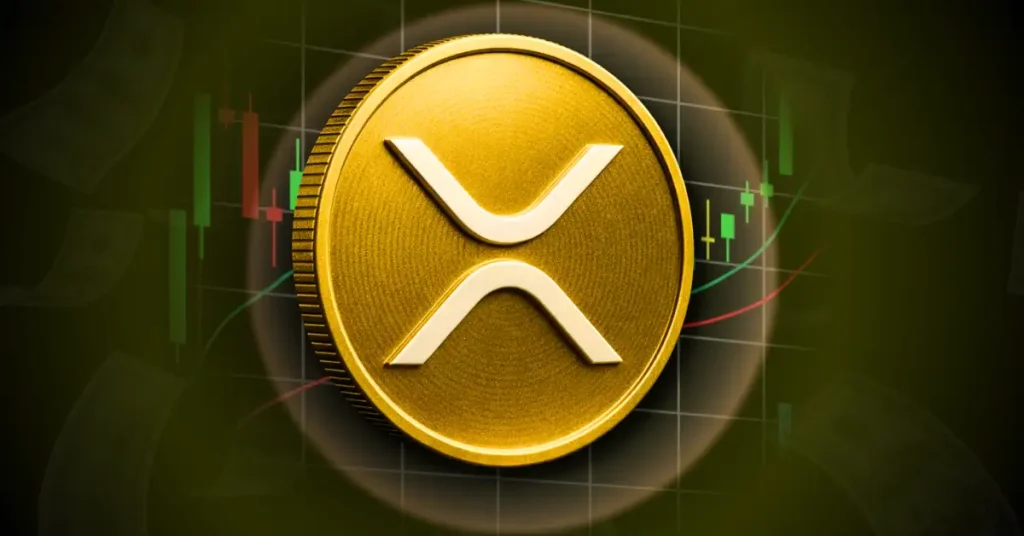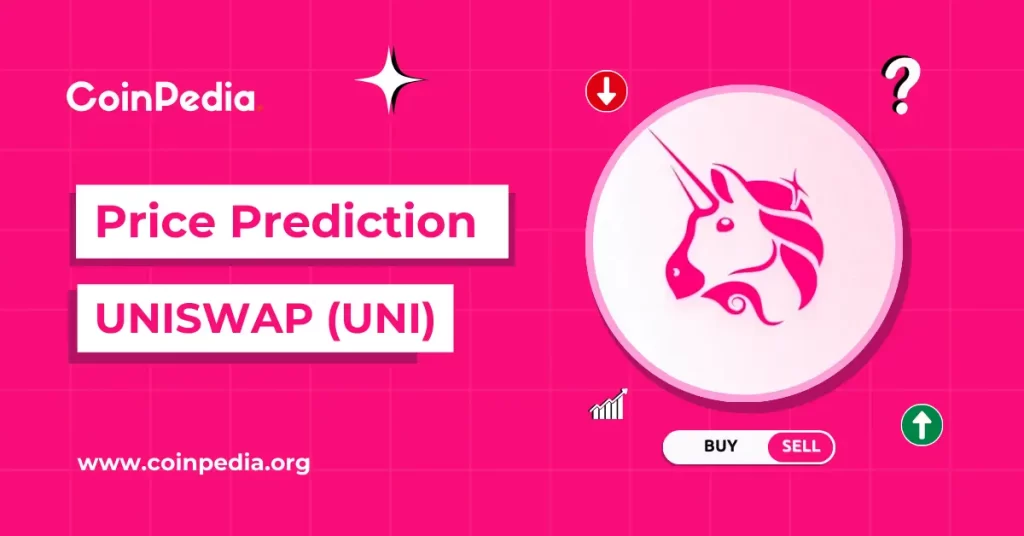Binance, recognized globally as the largest cryptocurrency exchange, robustly counters claims regarding its token listing protocols. On Platform X, Binance addressed accusations by CJ Hetherington, CEO of Limitless Labs, who alleged that the exchange demanded approximately 8% of a token’s supply from issuers seeking listings. Binance dismissed these allegations, expressing its willingness to consider legal action if deemed necessary, and emphasized its disapproval of any unauthorized revelations of confidential information.
What Does Binance Say About Its Listing Practices?
According to Binance, the cryptocurrency platform refrains from levying listing fees and assures that any security deposits, whether in cash or coins, are typically returned within a span of one to two years. The company also assured stakeholders that its executives do not engage in dumping tokens. Binance called out the unauthorized disclosure of business communications, labeling such actions as damaging to the cryptocurrency industry’s integrity and reputation.
How Do Allegations Affect Binance’s Image?
While addressing the allegations, Binance vehemently refuted the notion of profit-driven motives, stressing its devotion to legal accountability. The exchange underlined its user-centric principles, emphasizing that its refund policies and zero-sale commitments serve to benefit the community. It also pointed to its transparent operations as evidence of these commitments.
Hetherington’s claims included an 8% coin allocation demand from Limitless by Binance, which further sparked the controversy given that Limitless is supported by Coinbase Ventures and the Base Ecosystem Fund. Neither party has made public comments since the allegations emerged.
Within the crypto community, a prevalent view posits that securing a listing on such a significant exchange involves indirect fees that can reach up to 7% of a project’s supply. A post by “Leek” on Binance Square suggested the 8% was likely meant for promotions and user incentives. Adding fuel, Mike Dudas of 6MV revealed observing similar demands, suggesting a broader industry pattern.
Through its decisive denial, Binance aims to correct misconceptions and reinforce trust in its dedication to transparency, underscoring that its practices are steered by user benefits rather than undue profit.
This evolving discourse may ultimately determine the future conduct of cryptocurrency exchanges across the globe. The manner in which Binance is addressing these allegations could potentially serve as a benchmark within the industry.
Binance expressed, “Our operations are client-focused with transparency at the forefront, emphasizing trust and integrity.”
These assertions might influence not only Binance’s operational strategies but may also shape regulatory and industry standards in cryptocurrency exchange practices worldwide.
Disclaimer: The information contained in this article does not constitute investment advice. Investors should be aware that cryptocurrencies carry high volatility and therefore risk, and should conduct their own research.
















 English (US)
English (US)